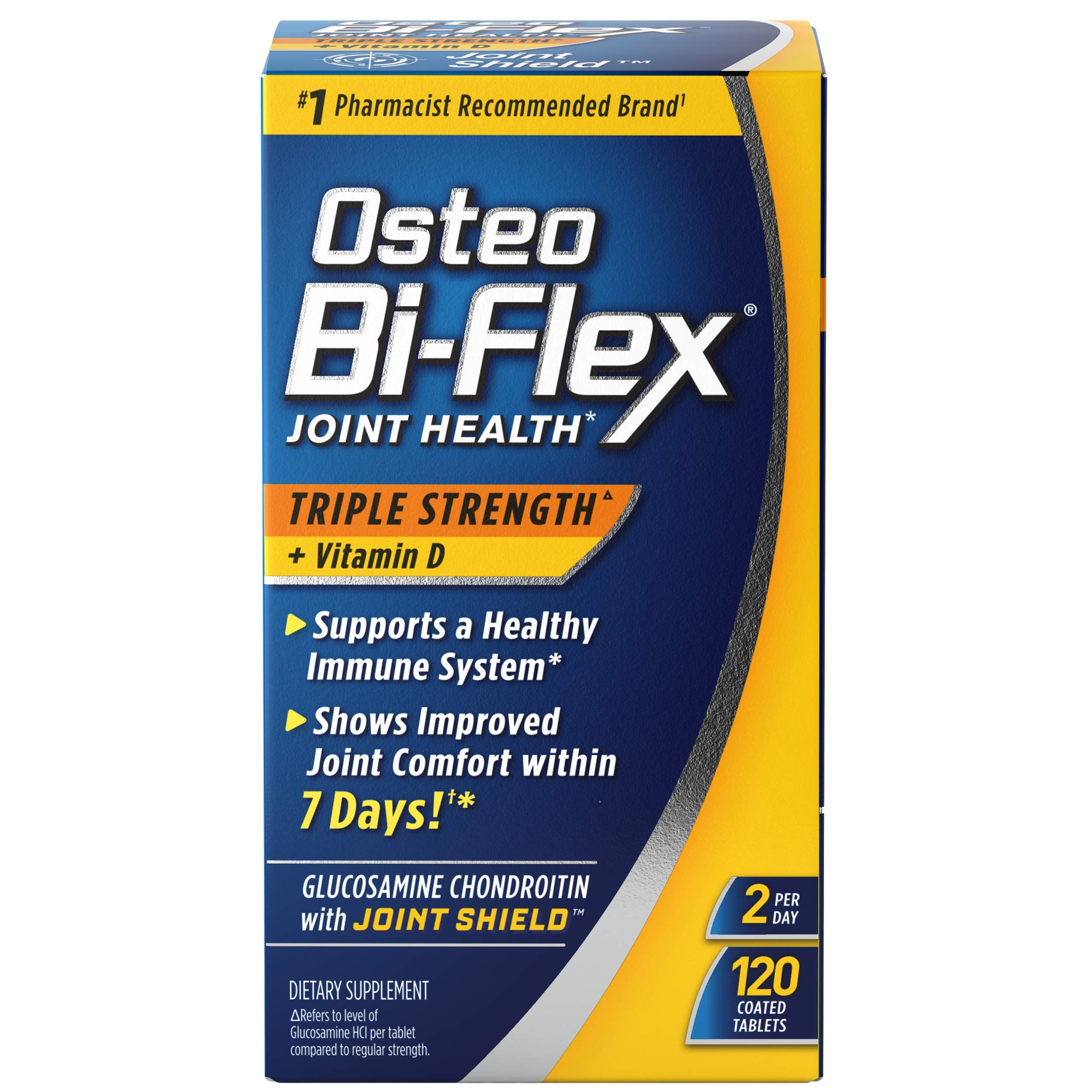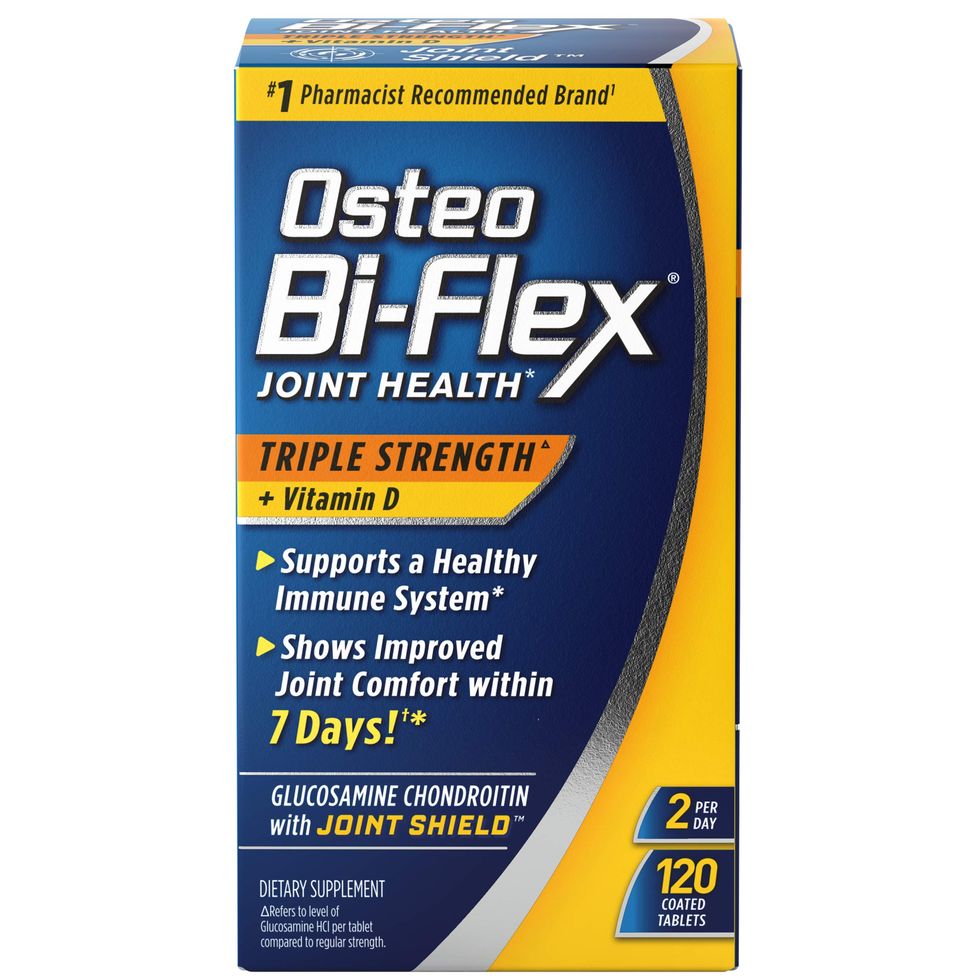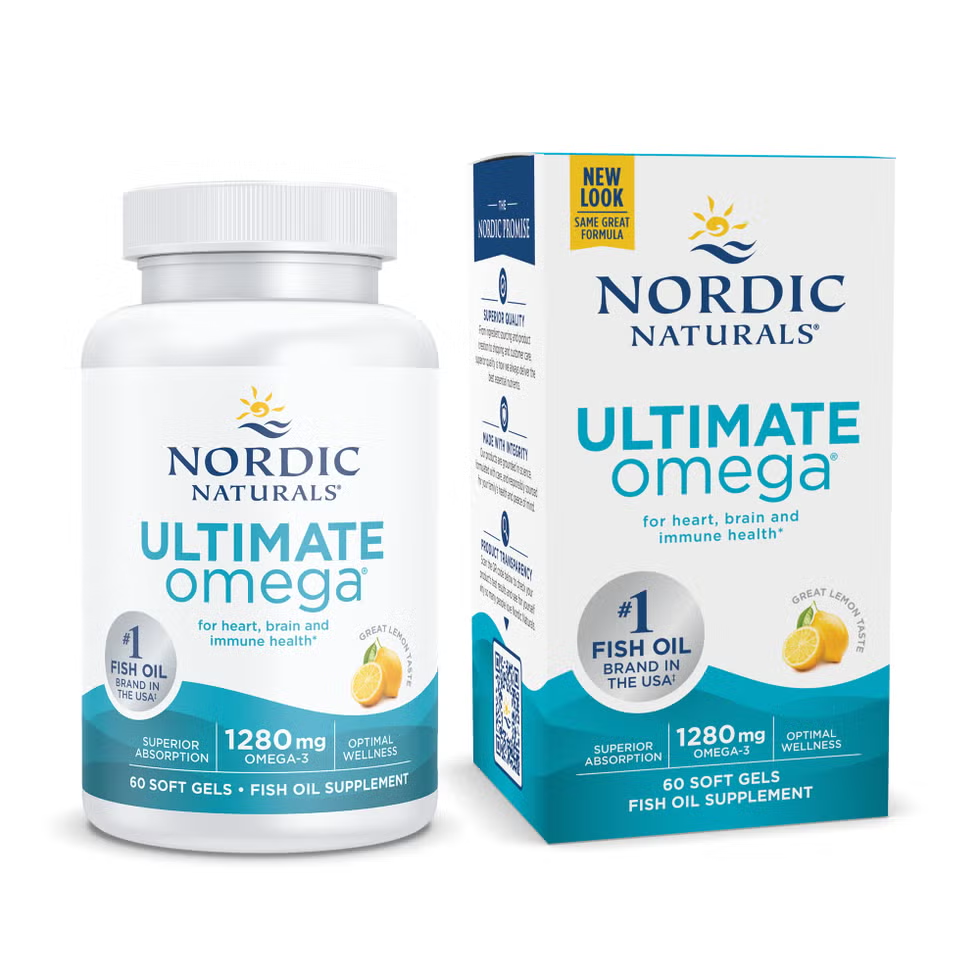The 10 Best Joint Supplements to Fight Pain
Achy joints? These registered dietitian-vetted vitamins and supplements may help.

We've been independently researching and testing products for over 120 years. If you buy through our links, we may earn a commission. Learn more about our review process.
Dealing with chronic knee pain and achy joints? You're not alone—70% of people over age 50 experience joint pain at least occasionally, according to a poll by the University of Michigan. Your joints are the points where two or more bones are joined together, and they are involved in a wide range of activities, from running and walking to jumping and playing sports.
Aging naturally takes a toll on joints, but a well-balanced diet can play a significant role in maintaining your joints' health and strength. Our team of registered dietitians in the Good Housekeeping Institute Nutrition Lab evaluated over 30 different joint health supplements to identify the best options available.
A nutrient-dense diet rich in anti-inflammatory foods is key to supporting healthy joints. Still, supplementation with certain nutrients, such as glucosamine, methylsulfonylmethane (MSM), and chondroitin, may help alleviate some symptoms. Joint supplements aren't a miracle cure, and you should always consult your healthcare provider before starting a new regimen. Your physician may need to review your bloodwork to identify any potential deficiencies that could be affecting your joints and overall health.
You can learn more about how we evaluate joint health supplements—including tips for finding the best options for you—at the end of this guide.
Our registered dietitians in the Good Housekeeping Institute Nutrition Lab review and evaluate every single supplement we recommend in accordance with our dietary supplement methodology. We then have a registered dietitian on our Medical Review Board review each article for scientific accuracy. A supplement should do just that: supplement the diet, not replace high-quality, nutritious food and important healthy lifestyle practices. Check with your healthcare provider before starting any dietary supplement regimen.
Stefani (she/her) is a registered dietitian, a NASM-certified personal trainer and the director of the Good Housekeeping Institute Nutrition and Fitness Lab, where she oversees all nutrition and fitness-related content, testing and evaluation. She holds a master’s degree in clinical nutrition from New York University, as well as advanced certifications as a Women's Fitness Specialist and a Behavior Change Specialist. Stefani is dedicated to providing readers with evidence-based content to encourage informed food choices and healthy living. She is an avid CrossFitter and a passionate home cook who loves spending time with her big fit Greek family.
Laura Iu, R.D., is a registered dietitian nutritionist, certified intuitive eating counselor, yoga guide, and owner of Laura Iu Nutrition, a private practice in New York City. She earned her Bachelor of Science in Nutrition and Dietetics from New York University and completed her internship in dietetics at Weill Cornell & Columbia Medical Center of New York-Presbyterian Hospital. She went on to work in New York City’s top hospitals, including Mount Sinai Hospital and NYU Langone Health. She believes that true health is all encompassing — physical, emotional, and mental wellbeing — not an external measure via shape or size.

Readers Also Read

9 Things You Should Never Buy Secondhand

How to Fold Clothes Like a Pro

7 Must-Have Decor Finds Every Autumn Lover Needs

The Best Dishwashers

























